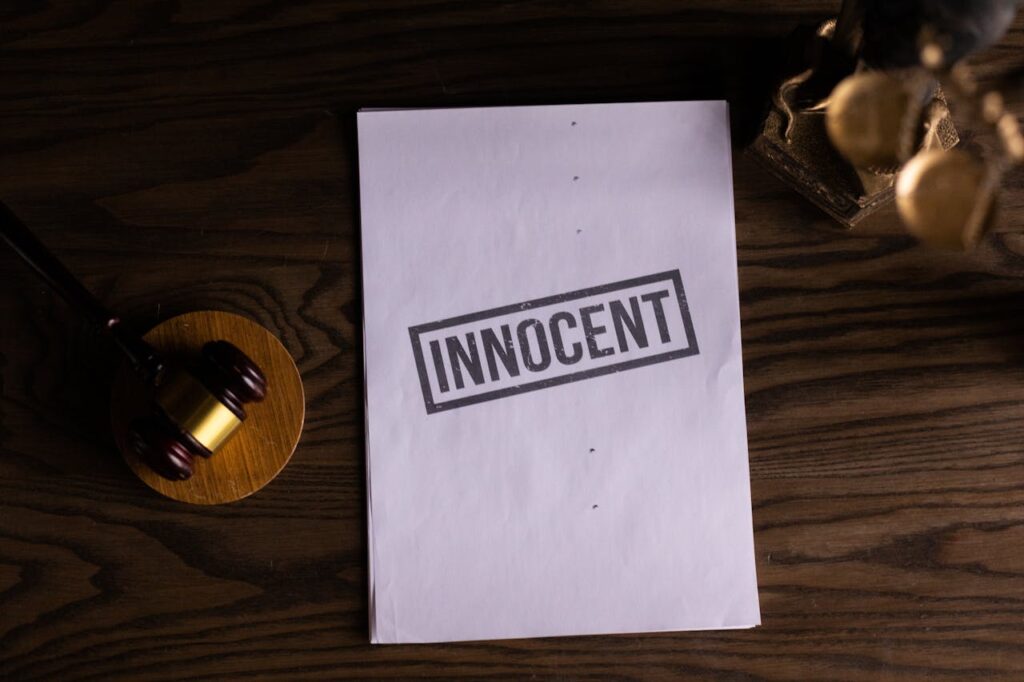Criminal law is a fundamental part of the legal system that governs offenses against society. It defines what constitutes a crime, the procedures for prosecuting individuals, and the penalties for those found guilty. Whether you’re facing legal charges, interested in legal studies, or simply want to know your rights, understanding the basics of criminal law is essential.

What Is Criminal Law?
Criminal law deals with acts that are considered harmful to individuals, property, or society as a whole. Crimes are typically categorized into:
- Felonies – Serious offenses such as murder, robbery, or drug trafficking, usually punishable by imprisonment for more than a year or even the death penalty in some jurisdictions.
- Misdemeanors – Less severe offenses like petty theft, trespassing, or disorderly conduct, typically punishable by fines or imprisonment for less than a year.
Each crime consists of two essential elements:
- Actus Reus (Guilty Act): The physical act of committing a crime.
- Mens Rea (Guilty Mind): The intent or state of mind when committing the crime.
Legal Rights of the Accused
Anyone accused of a crime has legal rights designed to ensure fair treatment, including:
- The Right to Remain Silent: Under the Fifth Amendment (U.S.) or similar laws worldwide, you cannot be forced to testify against yourself.
- The Right to Legal Representation: You have the right to an attorney, and if you cannot afford one, the state may provide legal counsel.
- The Right to a Fair Trial: This includes the right to be tried by an impartial judge or jury and to present a defense.
- Protection Against Unlawful Searches and Seizures: Law enforcement must obtain a warrant or have probable cause before conducting a search.
The Criminal Justice Process
- Investigation & Arrest: Police gather evidence and may detain a suspect.
- Charges & Arraignment: The prosecution formally files charges, and the accused is informed of their rights and given a chance to plead.
- Trial: Both sides present evidence and arguments before a judge or jury.
- Sentencing: If convicted, the accused receives a sentence, which could be fines, probation, imprisonment, or community service.
- Appeals: The convicted person may challenge the verdict if there are legal grounds.
Defenses in Criminal Law
Common legal defenses include:
- Alibi: Proof that the accused was elsewhere when the crime occurred.
- Self-Defense: Acting to protect oneself from harm.
- Insanity Defense: Arguing the accused was mentally incapacitated and unable to understand their actions.
- Duress: Committing a crime under threat or coercion.
Why Criminal Law Matters
Criminal law serves to maintain social order, deter wrongdoing, and ensure justice is served. If you or someone you know is facing criminal charges, seeking immediate legal counsel is crucial to protecting your rights and securing a fair legal process.
If you need expert legal advice on a criminal law matter, don’t hesitate to reach out
